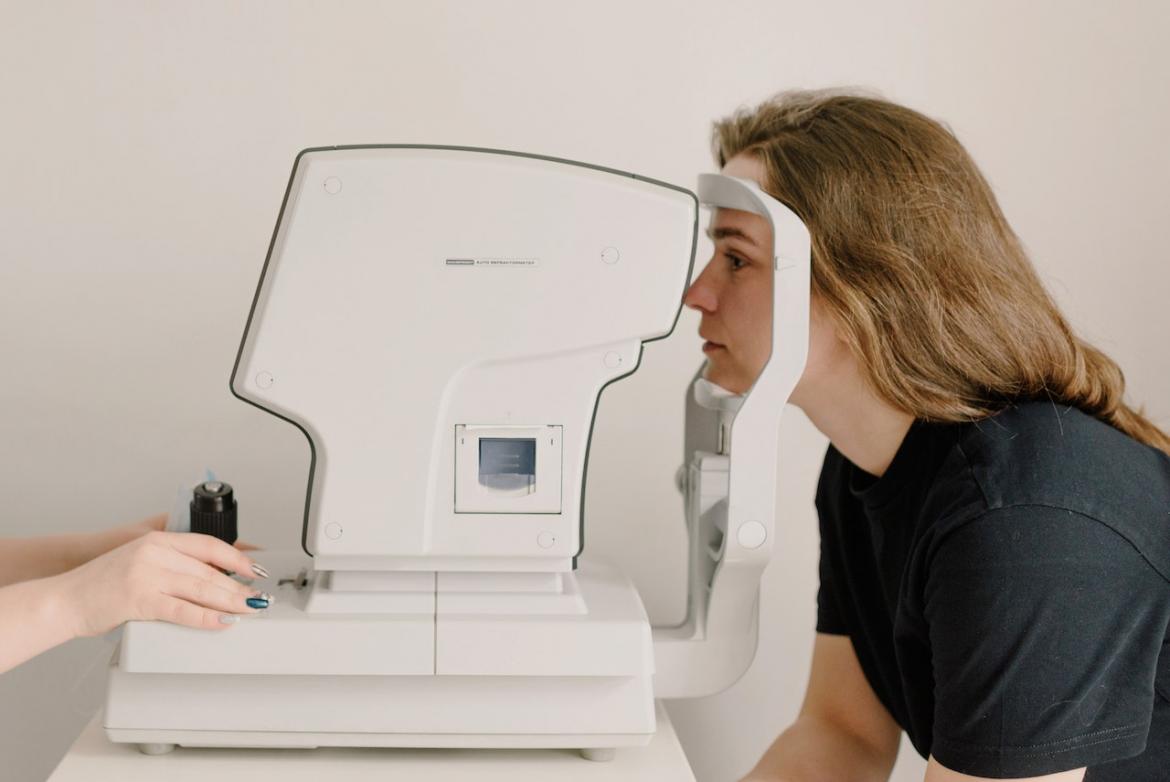Steps to Lower Your Risk of Eye Diseases with Increasing Age

Healthy, proactive living is so important. The decisions we make and healthy habits we achieve now will help us achieve our goals of good health and longevity. This will also help keep our eyes healthy – so important for healthy ageing.
- Avoid smoking
This is one of the best things you can do for your entire body, not just your eyes. Smoking causes oxidative damage to your eyes, effecting many parts of the eye but particularly the macula and is a prime risk factor for macular degeneration. This is a major cause of irreversible blindness in old age. Make the right choices now for your eyes and your body. Even passive smoking can be harmful – try to limit your exposure to smoking as much as possible.
- Eat well
A great diet is so important for your general health; what’s good for the body is good for the eyes. A healthy diet with plenty of fresh food, fruit and vegetables is recommended. In addition healthy, poly-unsaturated oils such as those found in nuts and some fish are good for your eyes, similar to the Mediterranean diet. Certain vitamins (C, E for example) have been shown to be preventive in macular degeneration and new evidence suggests vitamin B3 is protective for people with glaucoma. Other micronutrients and minerals important – zinc has been shown to be beneficial for macular degeneration for example. Other B complex vitamins and lutein and zeaxanthin have health benefits for eyes. A rich, balanced wholefood diet that is mainly plant-based will provide the majority of these vitamins and nutrients. The use of supplements needs to be judiciously considered, as toxicity from excess vitamins or micronutrients can cause unwanted side effects for other parts of your body; when in doubt consult your clinician.
- Wear sunglasses
Bright ultraviolet light can also cause harm to your eyes, accelerating the development of cataract, pterygium and may accelerate macular damage. In bright sunlight remember to wear sunglasses. Polarised lenses are preferred; and wrap-around protection is the best especially for windy and bright environments.
- Keep physically fit
Exercise daily, keep fit, avoid excessive weight gain and too many sedentary activities without breaks. Sleep well and keep your mind healthy – meditation, crafts and hobbies, and other mindful activities are great to relieve stress and calm the mind. Spending time with loved ones, and in nature, are great for a healthy mind and this is reflected in the health of our bodies and eyes.
- See an eyecare clinician regularly
Despite all of the above, it is important to have a relationship with an eye care clinician (Optometrist, Optician or Ophthalmologist) whom you trust. They will not only provide you with any spectacles you need but will check your eyes for any potentially harmful conditions. For common eye diseases such as glaucoma, cataracts and macular degeneration, early detection can prevent further problems. Often such care can be provided by an Optometrist or Optician, however sometimes the input of a medical specialist Ophthalmologist is required.